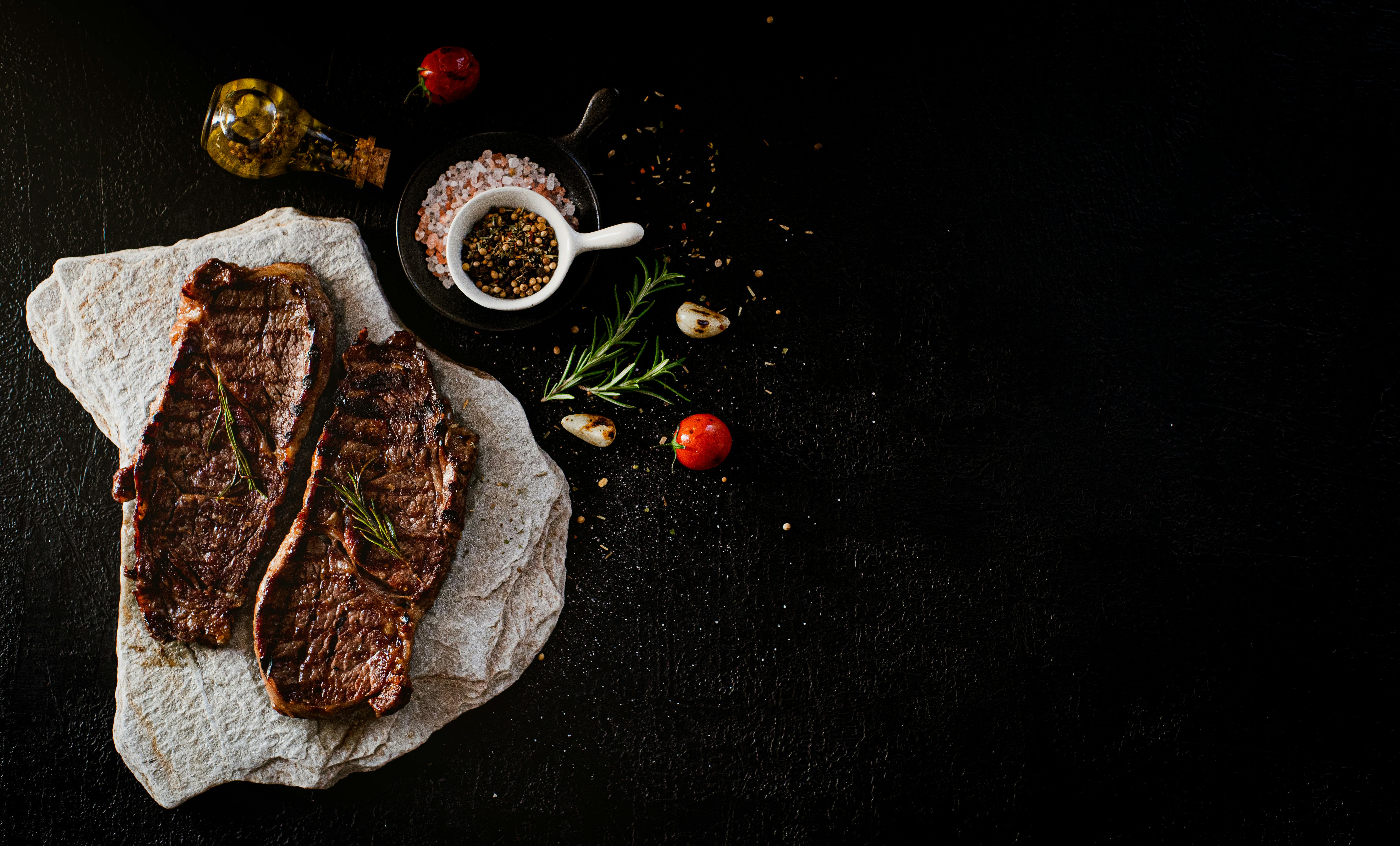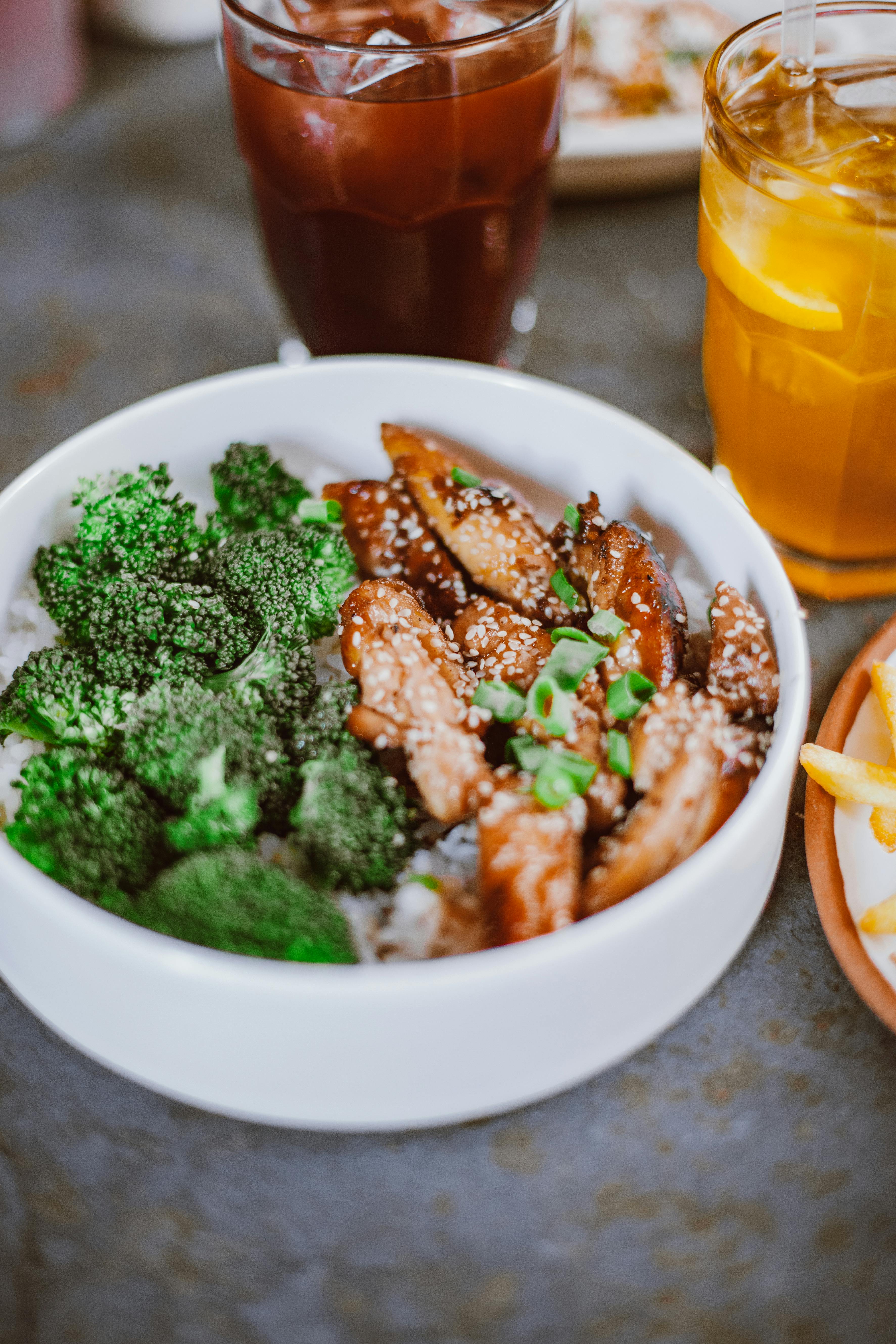Smart Ways to Optimize Your H. Pylori Diet for Better Digestive Health in 2025
H. pylori infections are a common culprit behind digestive issues, including ulcers and gastritis. Understanding how to optimize your diet for H. pylori can lead to substantial improvements in your gut health. Implementing specific dietary strategies can not only alleviate symptoms but also promote healing and maintain balance within your digestive system.
In this article, we will explore the best diet for H. pylori, highlighting crucial food choices and recipes that can aid in managing the infection. We will also delve into the benefits of probiotics, anti-inflammatory foods, and specific nutrients that support gut health. The roadmap will guide you towards creating meals that are healing and delicious, providing a comprehensive approach to H. pylori management.
Key takeaways will include practical meal planning tips, effective foods for H. pylori, and the importance of lifestyle modifications to enhance your digestive well-being. By the end, you will have the knowledge to choose foods that not only support your symptoms but also contribute to overall digestive health.

Essential Guide to Foods for H. Pylori Management
Building on the understanding of H. pylori's impact on digestive health, it's vital to know which foods can help mitigate its effects. Foods rich in antioxidants, vitamins, and minerals can support your body's natural defense mechanisms. Incorporating various food groups can lead to improved symptom management and overall digestive health.
Top 5 H. Pylori Healing Foods
1. **Garlic**: Known for its natural antibacterial properties, garlic can inhibit H. pylori growth. It can easily be integrated into meals for added flavor and health benefits.
2. **Ginger**: This powerful anti-inflammatory ingredient can soothe the stomach lining and reduce discomfort associated with H. pylori symptoms.
3. **Fermented Foods**: Foods such as yogurt and sauerkraut contain probiotics that support gut health and can help restore the natural flora disrupted by H. pylori.
4. **Leafy Greens**: Spinach and kale are high in vitamins and minerals, and their fibrous nature aids digestion.
5. **Bone Broth**: This nutrient-dense food can help heal the stomach lining and provides amino acids that are crucial for digestive health.
Foods to Avoid with H. Pylori
While certain foods can aid in recovery, others can exacerbate symptoms. It's essential to avoid spicy foods, caffeine, and high-fat dishes, as they can irritate the stomach lining. Reducing the intake of sugar and processed foods also supports a healthier gut environment.
Incorporating Anti-Inflammatory Foods
Integrating anti-inflammatory foods can help reduce the inflammation caused by H. pylori. Foods rich in omega-3 fatty acids, such as fatty fish, chia seeds, and walnuts, can calm gut irritation and promote healing.
Benefits of Probiotics for H. Pylori
Probiotics from foods like yogurt and fermented vegetables can help restore balance in the gut microbiome. By enhancing digestion and supporting immune response, they play a significant role in managing H. pylori symptoms.
Importance of Hydration
Staying hydrated is crucial for digestive health. Drinking enough water assists in the elimination of toxins and aids digestion. Consider herbal teas, such as ginger and green tea, which have additional benefits for gut health.
Creating H. Pylori-Friendly Recipes
With the knowledge of beneficial foods established, creating meals that cater to your health needs is the next step. Using ingredients that support healing can make mealtime enjoyable while effectively managing your condition.
Delicious H. Pylori-Friendly Meals
1. **Ginger Lemon Tea**: Combine fresh ginger slices with lemon juice and hot water for a soothing beverage that supports digestion.
2. **Garlic and Greens Stir-Fry**: Quick and easy, this dish can be prepared with garlic, several leafy greens, and a protein source of your choice. It’s flavorful and highly nutritious.
3. **Bone Broth Soup**: A simple soup made with vegetables and bone broth can offer healing benefits. Add herbs and spices for extra flavor without irritation.
Meal Planning for H. Pylori
Effective meal planning can streamline your efforts to manage H. pylori. Creating weekly menus that emphasize healing foods while minimizing trigger foods can make it easier to adhere to your diet. Include a variety of recipes to keep meals exciting and nourishing.
Snacking Smartly
Choose snacks like fresh fruits (especially berries), nuts, and yogurt, which provide essential nutrients and probiotics while keeping symptoms in check. Avoid processed snacks that can worsen inflammation or irritation.
Cooking Tips for H. Pylori Diet
Opt for baking, steaming, or grilling rather than frying. These methods preserve nutrients without adding unhealthy fats. Experiment with herbs and spices known for their digestive benefits, like turmeric and cumin.
Looking for Traditional Dishes?
Many traditional dishes can be adapted to fit an H. pylori-friendly diet. Seek out recipes that prioritize healthy grains, vegetables, and lean proteins, steering clear of heavy sauces and additives that may irritate the gut.
Supplementing Your Diet for Better Gut Health
In addition to dietary adjustments, certain supplements can enhance your overall gut health when managing H. pylori. Understanding the role of specific nutrients can empower you to take charge of your digestive wellness.
The Role of Probiotics
Probiotics are essential in the fight against H. pylori. They can aid in restoring gut flora balance, reducing inflammation, and enhancing immune responses. Probiotic supplements can be particularly beneficial if dietary sources are insufficient.
Key Vitamins and Minerals
Ensuring adequate intake of vitamins and minerals can support overall health during H. pylori treatment. Focus on zinc and vitamin C, which play roles in immune function and may help with healing.
Anti-Inflammatory Supplements
Curcumin (from turmeric) and omega-3 fatty acids have known anti-inflammatory properties. Incorporating these into your regimen can help reduce inflammation associated with H. pylori.
Aloe Vera for Soothing Properties
Aloe vera juice may help soothe the stomach lining and reduce irritation caused by H. pylori. It's important to choose pure aloe vera products without added sugars or dyes.
Managing Stress and Digestive Health
Stress can exacerbate H. pylori symptoms. Implement stress-relief techniques such as mindfulness, yoga, or regular exercise to support your overall digestive health.
Q&A Section: Addressing Common Concerns
What are the symptoms of H. pylori infection?
Symptoms may include nausea, bloating, abdominal pain, and indigestion. If you suspect an H. pylori infection, consult with a healthcare provider for proper diagnosis and management.
Can certain foods worsen H. pylori symptoms?
Yes, spicy foods, alcohol, and high-sugar items can irritate the stomach lining and worsen symptoms. It's best to monitor your reactions to different foods.
Are probiotics important for someone with H. pylori?
Probiotics play a critical role in balancing gut bacteria and may help manage symptoms. Incorporating foods rich in probiotics or a quality supplement can be beneficial.
How does diet affect H. pylori treatment outcomes?
A balanced, nutrient-rich diet can enhance treatment effectiveness by supporting immune function and reducing inflammation. Dietary choices can also help prevent recurrence.
What lifestyle changes are essential for H. pylori management?
Incorporating a healthy diet, reducing stress, and avoiding irritants can significantly improve your H. pylori management strategy. Regular physical activity is also vital for maintaining a healthy digestive system.

As we navigate the complexities of living with H. pylori, understanding how to optimize our diets becomes foundational. Focusing on nutritious foods, understanding the impact of diet on digestive health, and making informed food choices will help you take control of your gut health in 2025 and beyond.
